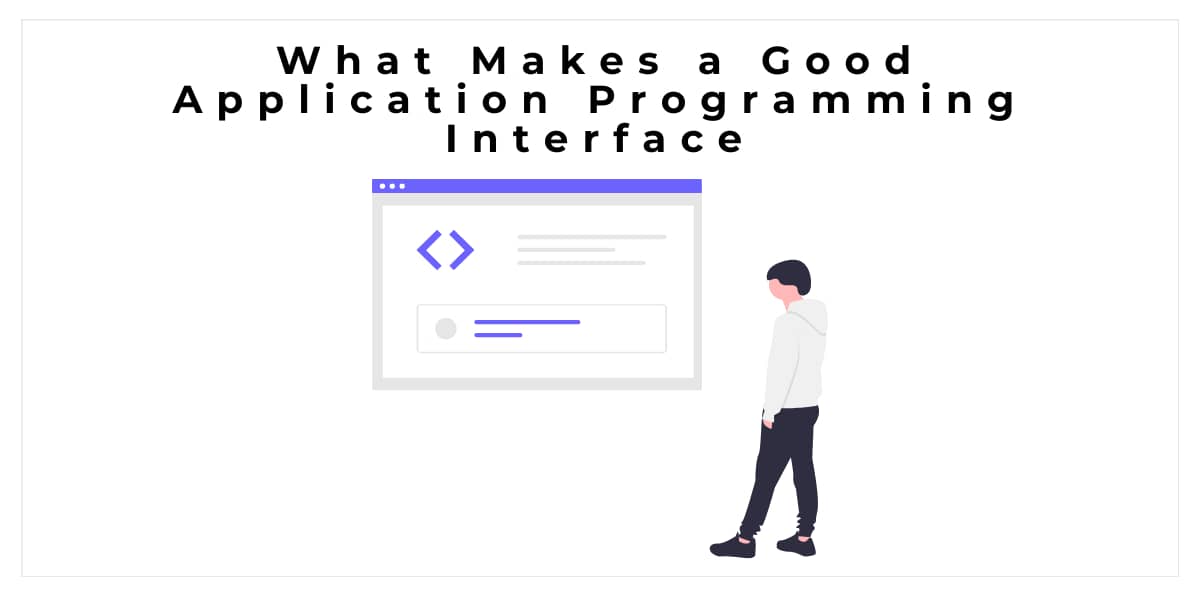Application programming interfaces (API) are important to the modern digital ecosystem. They enable apps to communicate with each other, which facilitates integration. In addition, they allow organizations to use apps from multiple developers, which means flexibility and not getting bound to a single vendor.
However, what makes a good API? Do developers follow specific criteria in building APIs? Here’s a rundown of some of the most important attributes of a good application programming interface.
Ease of use and proper documentation
One of the most important features an API should have is intuitiveness or ease of use. Using it should not require sophisticated skills. It should be built with a simple interface. The documentation should also be clear and concise but comprehensive. Documentations serve as the ultimate guide for API users. As such, they should be complete and include examples, guides or tutorials, and support resources.
Consistency and performance
In addition to ease of use, it is also important for an API to have a consistent design and build principles. It should demonstrate consistent behavior or pattern of operation. Predictability is a desirable attribute. Nobody wants to do any guesswork and mental acrobatics to figure out an API. A news API provider, for example, wouldn’t want to offer something that requires advanced skills to work with. Additionally, the API should be efficient and not a resource hog. It should be properly optimized to work smoothly, even in low-resource devices.
Security
Application programming interfaces should always take security into account. With the growing sophistication and aggressiveness of cyber attacks, it is important to ensure that APIs do not become a security weakness for organizations. However, Run-of-the-mill APIs can have vulnerabilities that threat actors can exploit.
Scalability and flexibility
Change is inevitable, and organizations change rapidly nowadays. Their businesses grow, and operations expand. APIs should be able to keep up with these changes to be truly useful. APIs should be capable of handling growing amounts of data and the number of requests. Also, they should be adequately flexible to adjust to changing data models and resource requirements. They should also provide room for developers to introduce customizations.
Interoperability
APIs should not be tied to a specific or a few operating systems and devices. It should be platform-agnostic, which means it should be built to work for a wide range of uses. Some developers focus on specific OS based on their current app usage stats. This should not be the case, though. Focusing on specific platforms is very limiting and does not maximize the potential of an API.
Reliability
Lastly, APIs should be dependable. It may not be possible to get rid of bugs and other issues in apps completely, but it should not be too difficult to reduce them to as few as possible. It is inexpedient to offer issue-laden APIs. Also, it is important that APIs have robust error-handling systems and an effective fallback plan in cases of errors and failures.
APIs can only provide the advantages expected from them if they are built well. Therefore, the attributes described above should be a handy guide to building good APIs.








